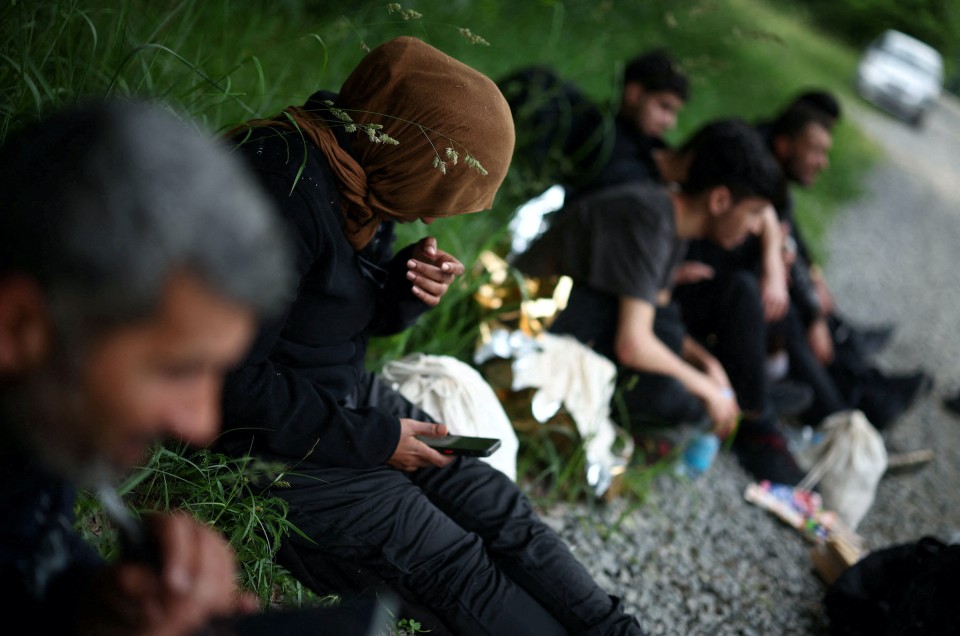
WARSAW (Reuters) -Poland plans to temporarily suspend the right to asylum as part of a strategy to limit illegal migration amidst tensions with Belarus, which Warsaw accuses of channelling migrants across its border.
“One of the elements of the migration strategy will be the temporary territorial suspension of the right to asylum,” Prime Minister Donald Tusk said on Saturday.
“I will demand this, I will demand recognition in Europe for this decision,” he told a congress held by his liberal Civic Coalition (KO) grouping, the largest member of Poland’s coalition government.
Tusk said the right to asylum was being used by Belarusian President Alexander Lukashenko, Russian President Vladimir Putin and by people smugglers in a way that goes against the essence of the right to asylum.
Migration has been high on the agenda in Poland since 2021, when large numbers of people, mainly from the Middle East and Africa, started trying to illegally cross the border with Belarus in what Warsaw and the European Union said was a crisis orchestrated by Minsk and its ally Russia.
Russia and Belarus have denied responsibility.
Tusk said he would present the migration strategy at a government meeting on Oct. 15, the first anniversary of the election which brought the coalition he leads to power.
Since taking office in December 2023, Tusk has pursued a tough policy towards migration, a strategy which has won broad public support but which has dismayed activists who had hoped he would abandon the previous, nationalist administration’s approach.
Marysia Zlonkiewicz from Grupa Granica, an NGO that helps migrants at the border, said suspending the right to asylum was against the constitution and would push migrants into the hands of people smugglers.
“Prime Minister Tusk is violating the constitution that he promised to defend… You cannot selectively exclude or deprive people of constitutional rights,” she said.
(Reporting by Alan Charlish; Editing by Sharon Singleton)








